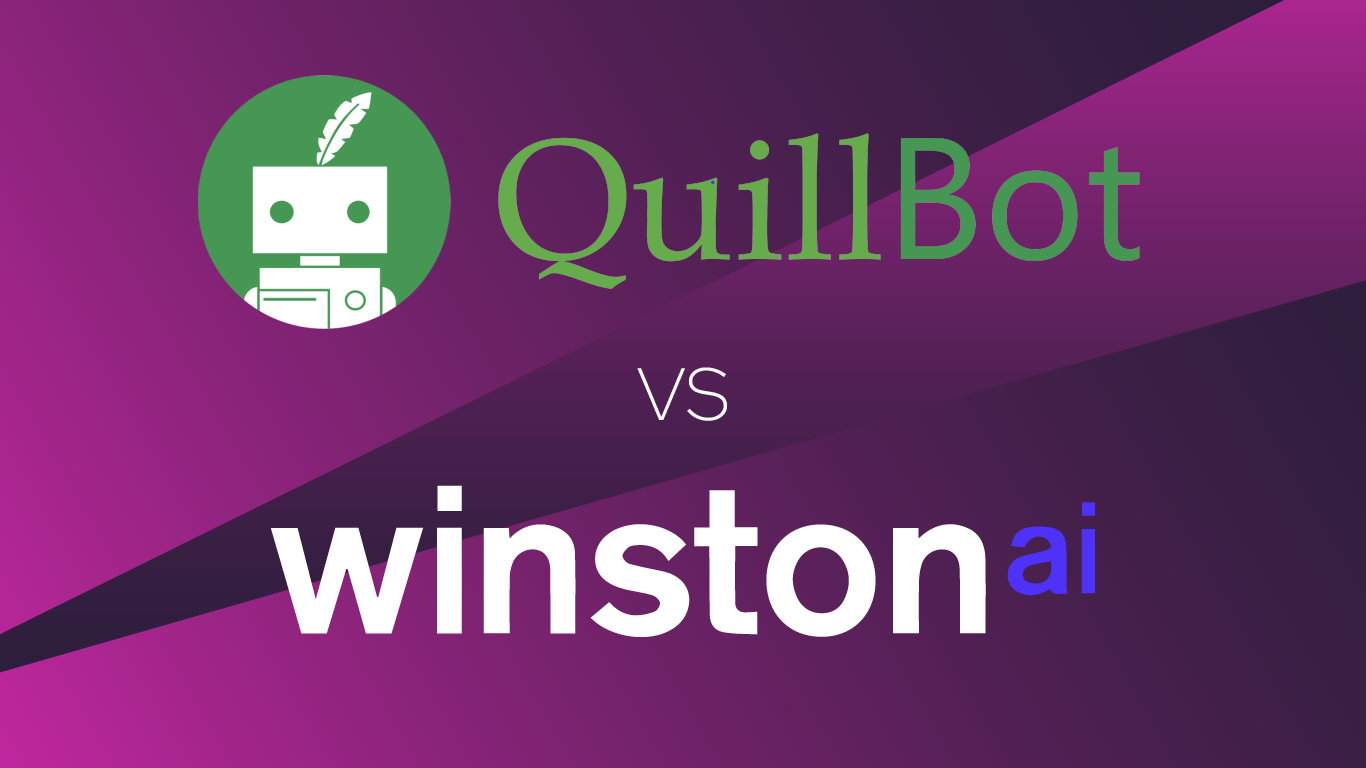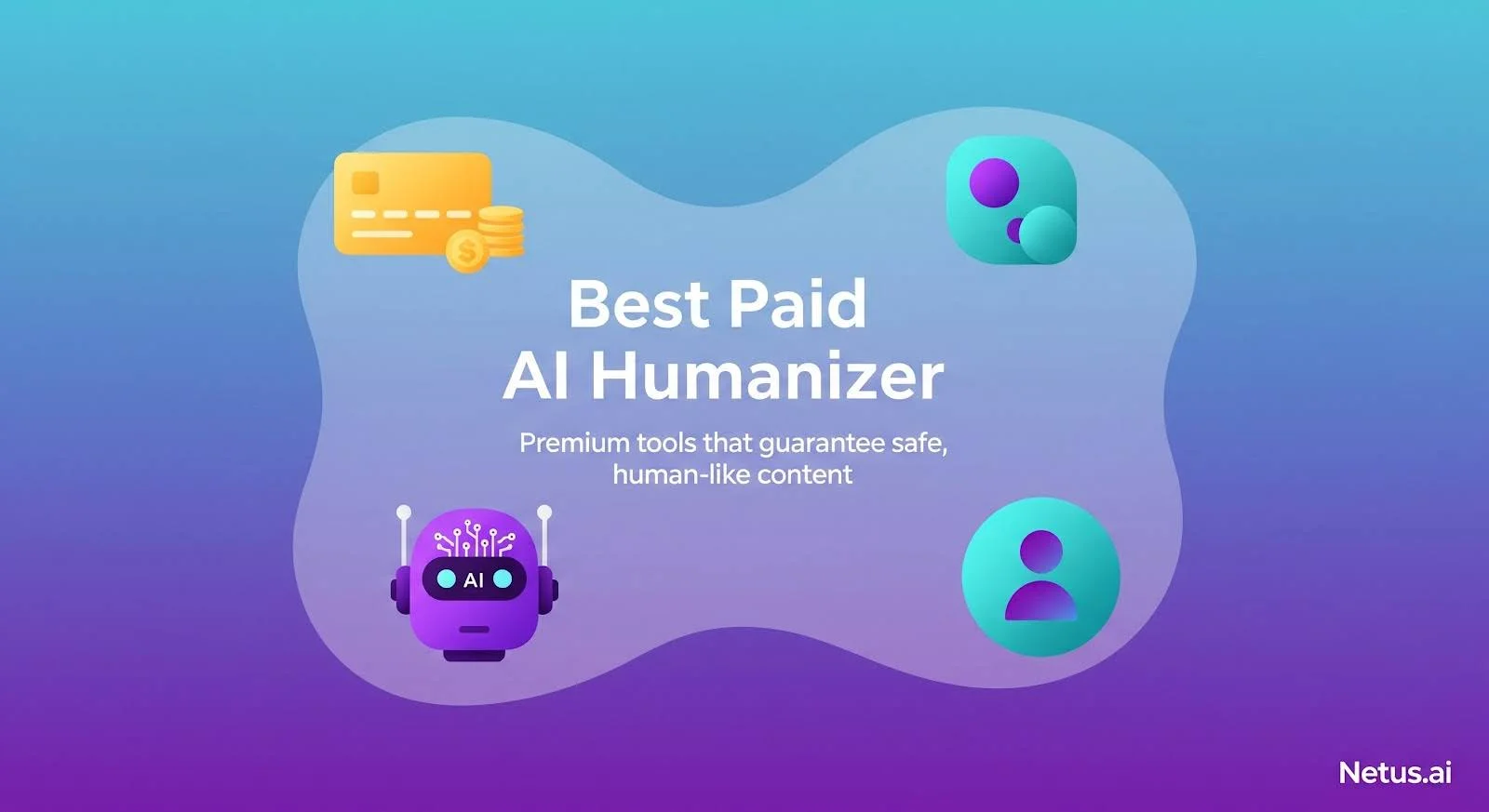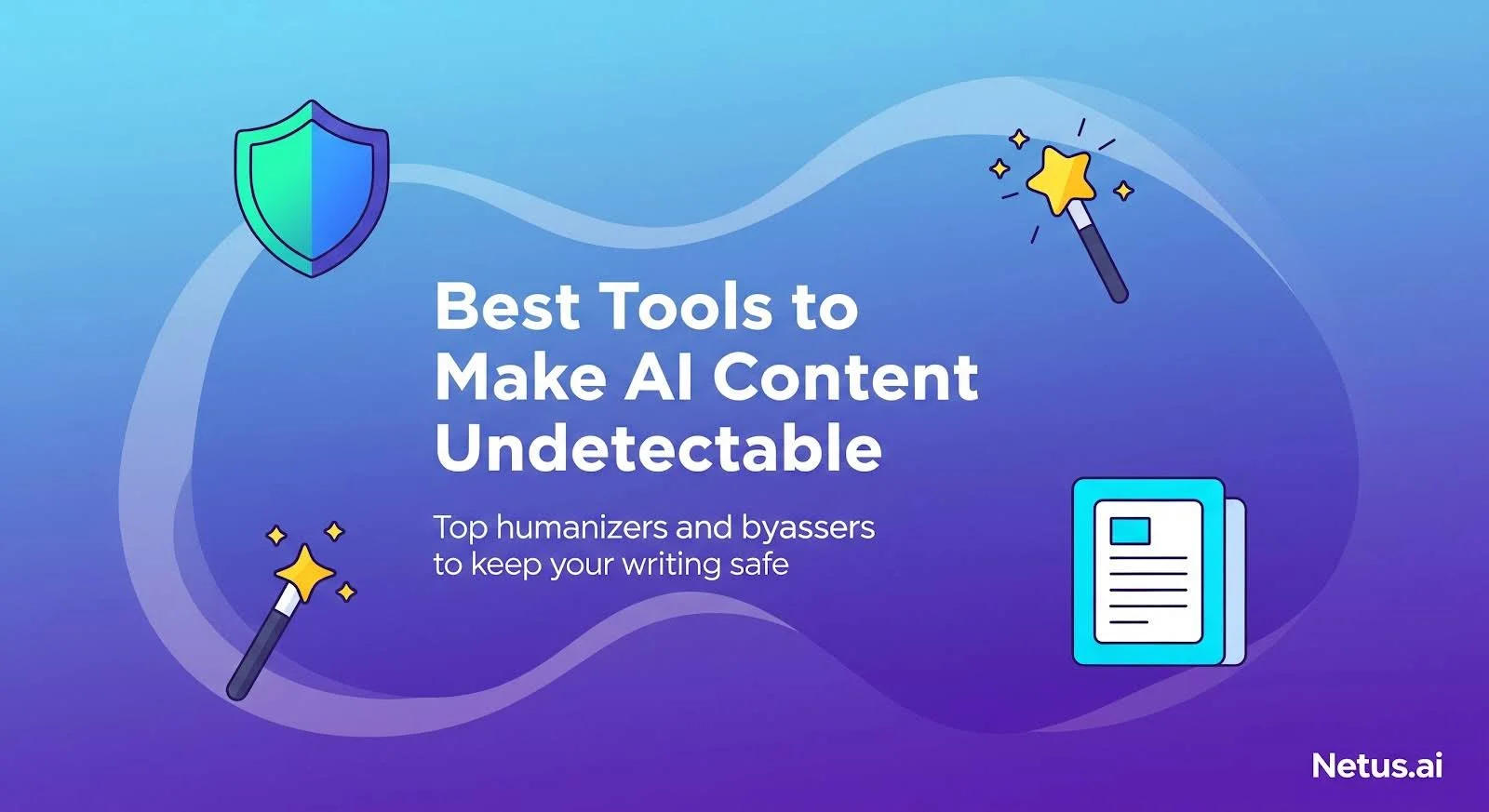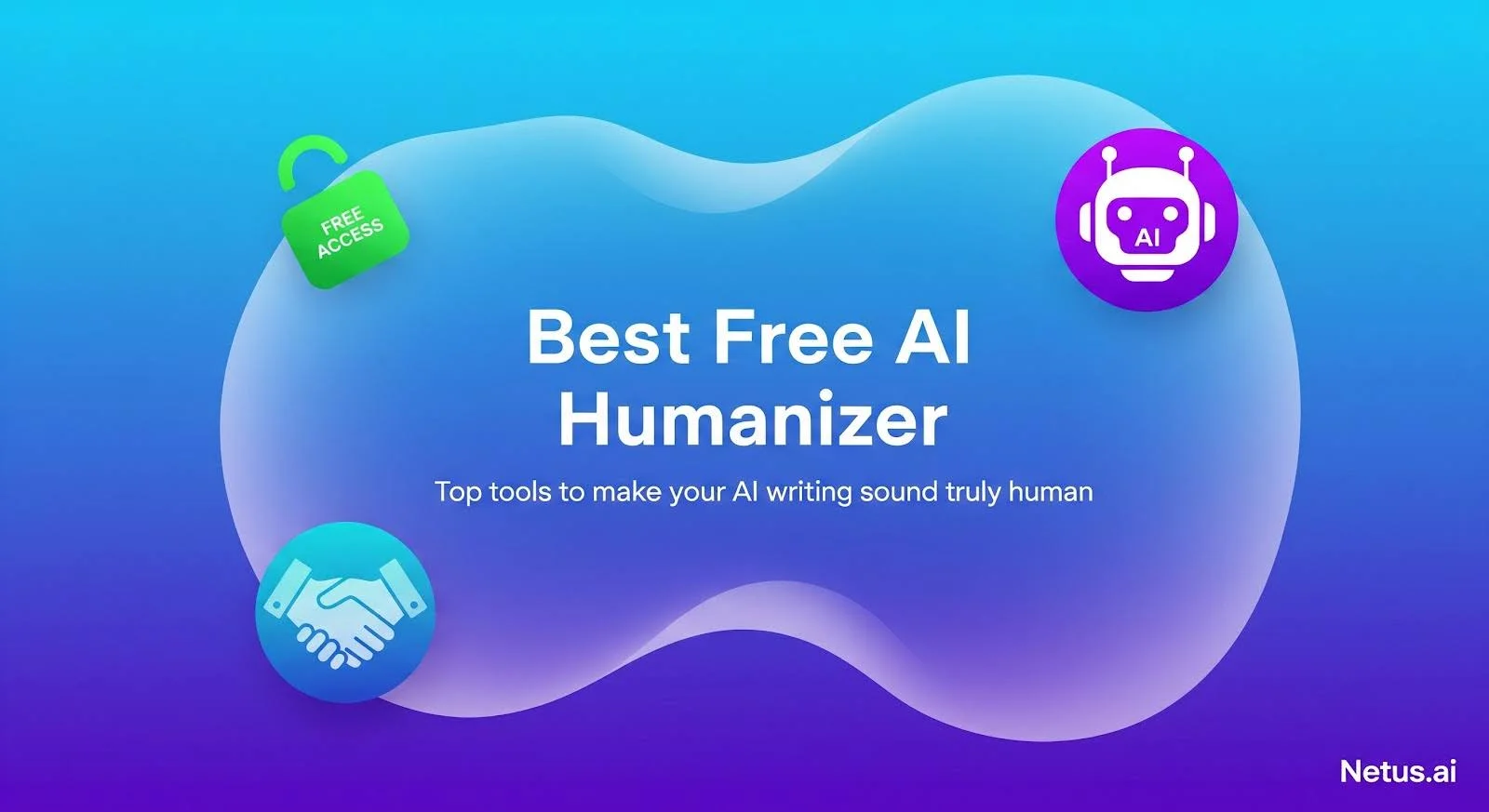In the rapidly advancing world of AI-powered writing tools, QuillBot, Winston AI, and Netus AI have emerged as significant players, each offering unique functionalities. QuillBot is widely known for its paraphrasing and writing enhancement features, while Winston AI stands out for its robust AI content detection capabilities. Netus AI, a newer entrant, provides a blend of writing and detection features aimed at improving the quality and authenticity of AI-generated content. This article provides an in-depth comparison of these tools, exploring their strengths, weaknesses, and best use cases.

QuillBot vs. Winston AI – Background and Context
The proliferation of AI tools in writing and content creation has significantly transformed how individuals and businesses approach written communication. Tools like QuillBot are designed to help users refine and rephrase content, making it more polished and coherent. On the other hand, Winston AI and similar detection tools have become essential in academic and professional settings, where the integrity and originality of content are paramount.
Netus AI, while less known than QuillBot or Winston AI, offers a hybrid approach by integrating writing assistance with AI detection, aiming to provide a comprehensive solution for content creators and educators alike.
Key Issues and Challenges
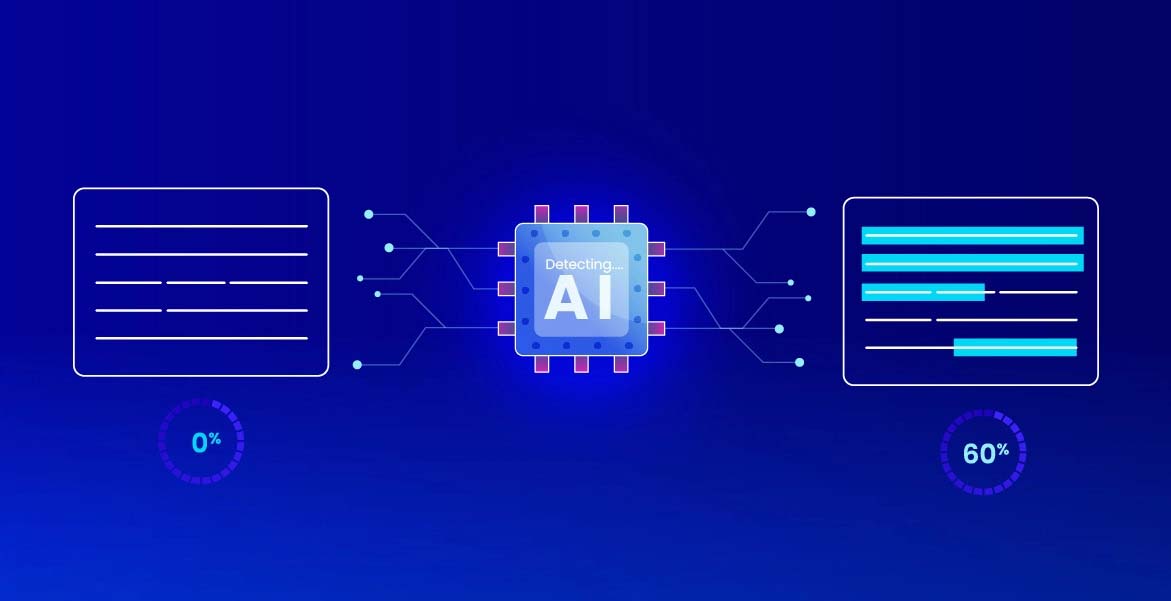
Manual Methods
One common approach to bypassing Winston AI detection involves manual editing. This method focuses on making AI-generated content appear more human by:
– Sentence Rewriting: Altering sentence structures to avoid the repetitive patterns often found in AI-generated text.
– Incorporating Flaws: Introducing minor errors or inconsistencies to mimic human writing, though this can compromise readability.
– Vocabulary Variation: Using diverse and nuanced vocabulary to avoid common AI-generated phrases.
While effective, this method is labor-intensive and can result in content that is less coherent or polished.
Anti-AI Detection Tools
For a quicker and more efficient approach, anti-AI detection tools like BypassGPT have been developed:
– Automatic Humanization: These tools can modify text to mimic human writing with a single click, altering sentence patterns, tone, and phrasing to reduce the likelihood of detection.
– Error-Free Content: Unlike manual editing, these tools ensure that the content remains free from grammatical errors while evading detection.
Such tools are particularly useful for those needing to produce undetectable content quickly and efficiently without sacrificing quality.
Evaluating Winston AI’s Effectiveness
Accuracy and Performance
Winston AI is renowned for its accuracy in detecting AI-generated content, boasting:
– 84% Accuracy: A high detection rate, particularly effective at identifying text generated by models like GPT-4, though it occasionally struggles with more sophisticated edits.
– Language Support: Currently supports English and French, with planned expansions to Spanish and German.
Despite its strengths, users have noted that slight modifications to AI-generated content can sometimes evade detection, suggesting that while Winston AI is robust, it is not infallible.
Comparison with Other AI Detectors
When compared to other detection tools like TurnItIn and Originality AI:
– Originality AI: Offers a higher accuracy rate, especially on content generated by GPT-4, but Winston AI remains a strong competitor in academic settings.
– TurnItIn: Primarily focused on plagiarism detection, TurnItIn is less specialized than Winston AI when it comes to identifying AI-written content.
Netus AI: A New Contender
Netus AI integrates both writing assistance and AI detection, positioning itself as a versatile tool in the market. Its features include:
– Content Generation and Refinement: Similar to QuillBot, Netus AI helps users improve their text by paraphrasing and enhancing clarity.
– AI Detection: Netus AI offers detection capabilities, aiming to identify AI-generated content within its writing assistance platform.
This dual functionality makes Netus AI a valuable tool for users who need both content creation and integrity verification.
Solutions and Strategies
Practical Tips for Bypassing Winston AI
For those looking to bypass Winston AI detection, consider the following strategies:
– Use Paraphrasing Tools: Tools like QuillBot can rephrase content to make it less recognizable by AI detectors. However, as Winston AI and similar tools become more sophisticated, this method’s effectiveness may diminish.
– Manual Editing: Introduce variety in sentence structure, tone, and vocabulary to create a more human-like text.
– Stay Updated: Regularly monitor updates to Winston AI to adapt your methods accordingly, as AI detectors continually evolve to counteract bypass techniques.
The Role of Netus AI in Content Creation
Netus AI’s dual approach allows users to create and refine content while ensuring its originality. For example, after generating content with Netus AI, users can run it through its detection feature to ensure it remains undetected by AI detection tools like Winston AI.
Expert Opinions and Insights

Experts in AI and content creation often highlight the need for balance between leveraging AI tools for efficiency and maintaining content integrity. While tools like QuillBot are praised for enhancing writing quality, the rise of AI detection tools like Winston AI underscores the importance of originality in content creation.
Netus AI is seen as a promising tool, particularly in educational settings, where both content quality and authenticity are crucial.
Future Directions and Predictions
As AI technology continues to advance, we can expect several trends and developments:
– Increased Integration: Tools that combine writing assistance with AI detection, like Netus AI, are likely to become more common, offering users a more comprehensive solution.
– Enhanced AI Detection: Detection tools like Winston AI will continue to evolve, becoming more adept at identifying AI-generated content, even when heavily modified.
– Ethical Considerations: The ongoing development of AI tools will raise ethical questions about the use of such technologies in content creation and academic settings.
QuillBot vs Winston AI – FAQ
Can QuillBot bypass AI detection tools like Winston AI?
QuillBot can help rephrase text to make it less recognizable by AI detectors, but as detection tools like Winston AI become more sophisticated, this method may not always be effective.
What makes Winston AI different from other AI detectors?
Winston AI is specifically designed to detect AI-generated content with a high degree of accuracy, particularly in academic settings. It supports multiple languages and offers features like the AI Prediction Map for detailed content analysis.
How does Netus AI compare to QuillBot and Winston AI?
Netus AI offers a combination of writing assistance and AI detection, making it a versatile tool for both content creation and ensuring content authenticity. It stands out by integrating both functionalities within a single platform.
What are the pricing options for these tools?
QuillBot starts at $19.95 per month, offering unlimited paraphrasing. Winston AI’s plans start at $18 per month, with varying word limits and features depending on the plan. Netus AI’s pricing is very competitive.
Is there a foolproof way to bypass AI detection?
While tools and methods exist to help bypass AI detection, no method is completely foolproof. Regular updates to AI detectors mean that advanced tools like Netus AI may guarantee undetectability.
How does Winston AI handle content in languages other than English?
Winston AI currently supports multiple languages, including English, French, Spanish, and German. It continues to expand its language capabilities, making it a reliable tool for detecting AI-generated content across different languages.
Can Netus AI be used for academic writing?
Yes, Netus AI is well-suited for academic writing as it combines content creation tools with AI detection features. This ensures that the content is both original and polished, reducing the risk of academic integrity issues.
Does QuillBot offer any tools for academic citation?
Yes, QuillBot includes a citation generator that supports various citation formats, such as APA, MLA, and Chicago. This feature is particularly useful for students and researchers who need to accurately reference sources in their work.
What are some limitations of using Winston AI?
While Winston AI is highly accurate, it may sometimes flag human-written content as AI-generated, especially if the content closely resembles AI-generated text patterns. Additionally, advanced users may still find ways to bypass its detection with sophisticated techniques.
Are there free versions available for QuillBot, Winston AI, or Netus AI?
QuillBot offers a limited free version with basic paraphrasing features, while Winston AI provides a trial plan with a limited word count. Netus AI’s availability of a free version is less clear, but it is expected that the tool may offer limited access to its features for evaluation purposes.

